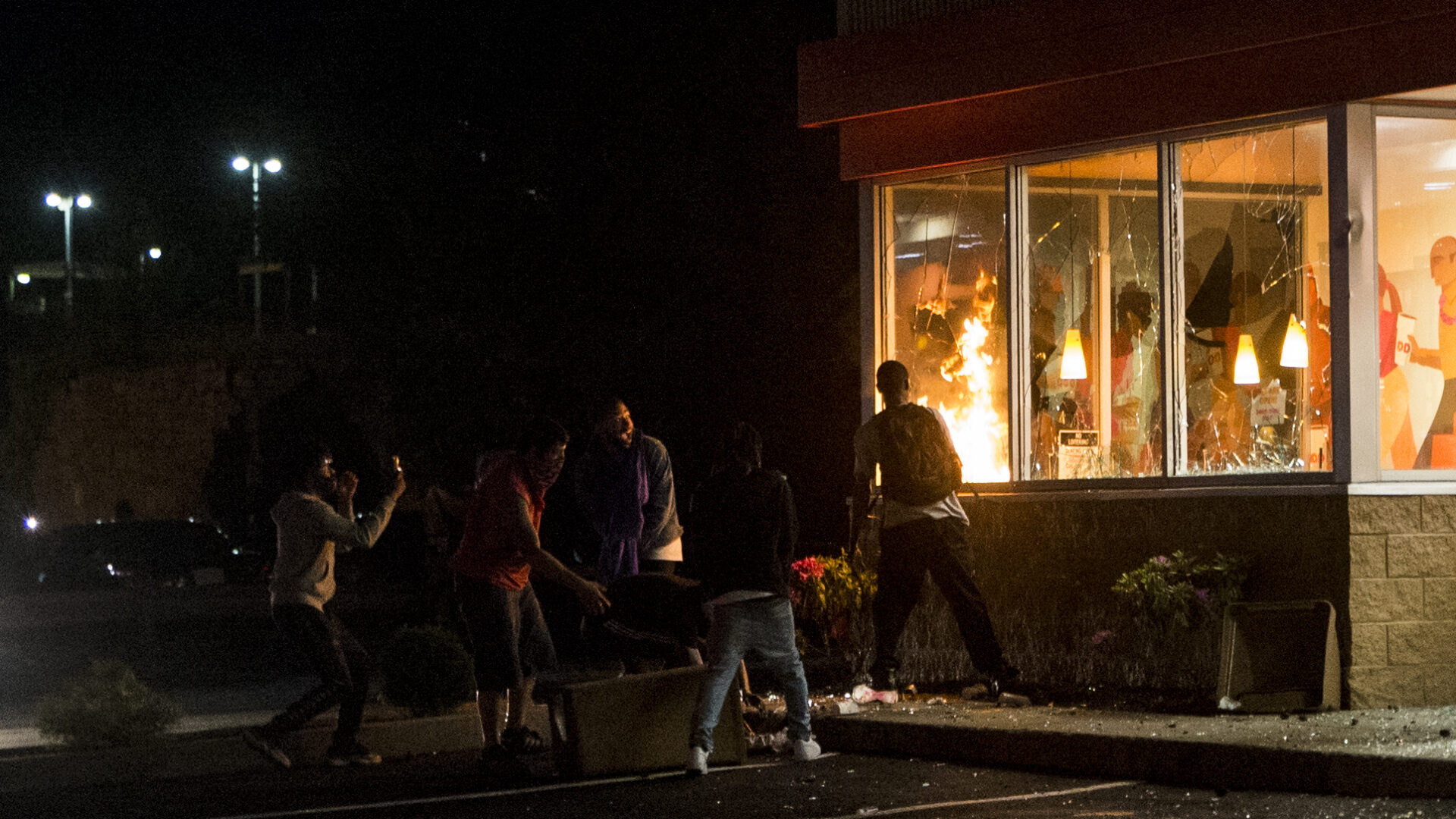
In 1969, feminist movement member Carol Hanisch wrote an essay titled “The Personal Is Political.” The purpose of the piece was to show that women’s issues presumed to be personal were often rooted in social constructs, such as misogyny, racism and capitalism. In the decades since the essay’s introduction though, it’s inspired a slightly different conversation about the inability to cleave politics from personal decisions. Many now believe that every act is informed by oftentimes radical ideology but there are discrepancies about the separation of the two.
Whether we agree with the newer notion or reject it completely, there is no divorcing of personal politics from our daily lives. Our music selections, labor consumption, and commentary—or silence—when presented with certain challenging conversations expose our truest thoughts. Whether we share them or not, they still exist within us and shape our identities.
I won’t pretend that making informed choices is always easy or something that constantly demands deliberation. There are moments when we choose to keep scrolling past stories of violence, times when an entertainer has a known history of misconduct (yet are revered in minds regardless) and weeks when the existence of colorism is all our bubble discusses, with no input from us. Sometimes the act of ignoring happens so quickly due to its innateness.
Since we are currently encouraged to keep each other at a few arms’ length due to COVID-19, our time on the internet has likely spiked. This increase in online activity is forcing us to filter our content, so that we don’t become overloaded with stories of our increasingly harsh reality. We monitor the our intake, sometimes without meaning to, for our safety.
Not every gap of silence is the result of a headline that only got a glance or a mandatory unplugging for wellness’ sake though. I know that the refusal to publicly take a stand comes from the desire to protect relationships and maintain employment, and the fear of being attacked online, among other complexities. We want safety and security, so radical praxis exits stage left.
Also, silence can be too safe of a choice for the uninformed and they choose to speak out, only to end up on the wrong side of history. Like not speaking at all, these decisions can be the result of wanting to protect alliances or show loyalty to a particular group. Even though it may seem like a small exception to our otherwise grandiose and inclusive ideas of self, it is still a failure to uphold what we say we are all about.
When we ask ourselves and our peers to place a divider between rhetoric and praxis, we align ourselves with the same logic that asks us to separate the art from the artist. This has been used to excuse talented abusers and other problematic figures and is a part of the origin of the ongoing cries against cancel culture. But every statement, action and belief comes from a political place, and it’s a trick to convince ourselves otherwise.
Photo credit: Getty Images